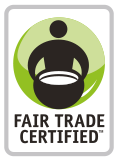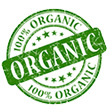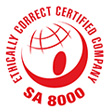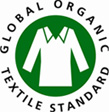
The global fashion industry is considered the second most polluting industry. Due to generation of waste, exhaustive use of resources and unethical labor conditions, the world is facing the worst social and environment implications. Thanks to the growing consumer awareness, now people can see the negative impacts of fast fashion products. This has led to the creation of a new marketplace for sustainable and ethical apparel manufacturing. Ethical and Sustainable Fashion is the way to make this planet a better place for us, for farmers and for our community.
The Current State of Clothing and Manufacturing
Do you know the reason why clothing is so cheap? Today, we can purchase a dress for the same price as to what we pay in our favorite restaurant for lunch or dinner. How is that possible?
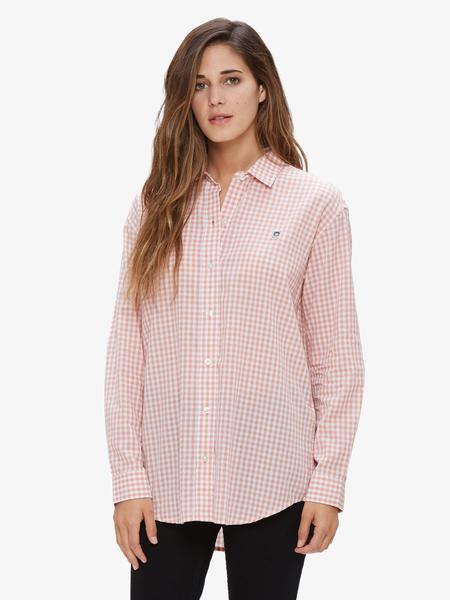
If you take into consideration the time and materials that go into making a garment: from fabric, sewing, labor charges, finishing, taxes and tariffs to packaging and shipping, it is clear that someone, somewhere along the clothing manufacturing process is getting harassed and not paid properly.
The majority of the garments are manufactured in developing countries where labors are available at cheap rates and child labor is rampant. Most of the workers working are paid less and are made to work overtime in unsafe factories. Most of them are women who even after working so hard could not afford to make both ends meet for healthy living.
Clothing Made Ethically
This is the harsh reality of the garment manufacturing industry. But, the ethical apparel manufacturing businesses care about human rights and social justices.
The concept of organic cotton and fair labor movement across the globe are steadily gaining momentum. Now consumers are demanding products that have been ethically made and are environmentally safe. Some clothing and fashion brands are now sourcing 100% certified organic cotton to manufacture apparel. Organic cotton is produced using less water, without any chemical fertilizer and harmful pesticides.
Fair trade certification represents an ethical approach to product manufacturing. Ethical apparel manufacturing companies that adopt fair trade practices aim to support organic cotton farmers and workers who are economically marginalized. Other key aspects of fair trade include improvement of our community, empowerment of economically poor women, and mitigation of environmental impacts. It not only alleviates poverty but also builds a socially and environmentally sustainable international trade.
Fair trade certified factories not only guarantee higher income levels for workers but also promote better collaboration among associates. Additionally, brands that engage in fair trade supply chain add value to the society, their identity, environment and also to the product.
ASAP is licensed by Global Organic Textile Standard (GOTS), follow fair trade factory policies and use only 100% Organic Cotton for ethical production of clothes. We envision a global textile industry that protects the environment, and at the same time, enhances the lives of people.
The ethical apparel manufacturing companies make sure that no child labor or forced labor is employed, pay fair prices to workers, adopt fair trade practices, ensure good working conditions, and have the utmost respect for the environment and its precious resources. Make each purchase of your garment really count. Whether you own a fashion brand or simply looking to purchase clothes, buy garments that are made ethically and sustainably.
